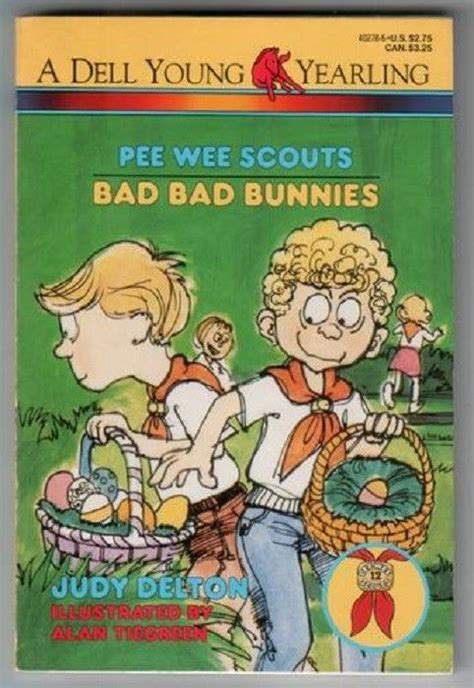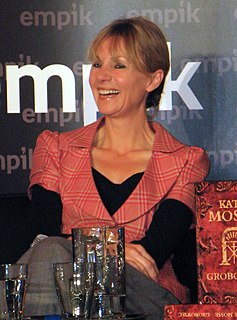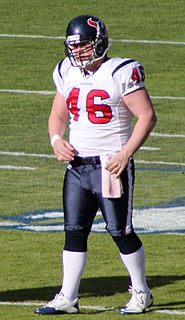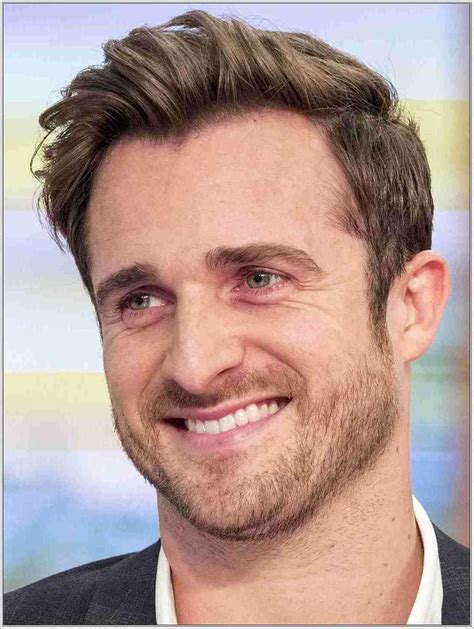A Quote by Andrew Shaffer
Every published writer, myself included, was at one time unpublished. All writers know what rejection feels like.
Related Quotes
It feels as though a very disproportionate number of main characters are writers, because that's what the writer knows. Fair enough. But nothing bothers me more in a movie than an actor playing a writer, and you just know he's not a writer. Writers recognize other writers. Ethan Hawke is too hot to be a writer.
There’s only one difference between published and unpublished writers, and it is this -- the first group see their work in print on the shelves of Waterstone’s or Tesco or online at Amazon; the second group are yet to have physical evidence of the hours, weeks, years spent fashioning words into their patterns. You are already a writer.
I was writing at a really young age, but it took me a long time to be brave enough to become a published writer, or to try to become a published writer. It's a very public way to fail. And I was kind of scared, so I started out as a ghost writer, and I wrote for other series, like Disney 'Aladdin' and 'Sweet Valley' and books like that.
One of the most useful parts of my education as a writer was the practice of reading a writer straight through - every book the writer published, in chronological order, to see how the writer changed over time, and to see how the writer's idea of his or her project changed over time, and to see all the writer tried and accomplished or failed to accomplish.
I was first published in the newspaper put out by School of The Art Institute of Chicago, where I was a student. I wince to read that story nowadays, but I published it with an odd photo I'd found in a junk shop, and at least I still like the picture. I had a few things in the school paper, and then I got published in a small literary magazine. I hoped I would one day get published in The New Yorker, but I never allowed myself to actually believe it. Getting published is one of those things that feels just as good as you'd hoped it would.
Oh, I love labels, as long as they are numerous. I'm an American writer. I'm a Nigerian writer. I'm a Nigerian American writer. I'm an African writer. I'm a Yoruba writer. I'm an African American writer. I'm a writer who's been strongly influenced by European precedents. I'm a writer who feels very close to literary practice in India - which I go to quite often - and to writers over there.
A writer always wears glasses and never combs his hair. Half the time he feels angry about everything and the other half depressed. He spends most of his life in bars, arguing with other dishevelled, bespectacled writers. He says very 'deep' things. He always has amazing ideas for the plot of his next novel, and hates the one he has just published.



































